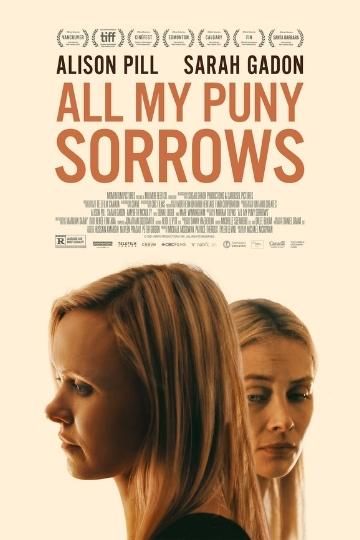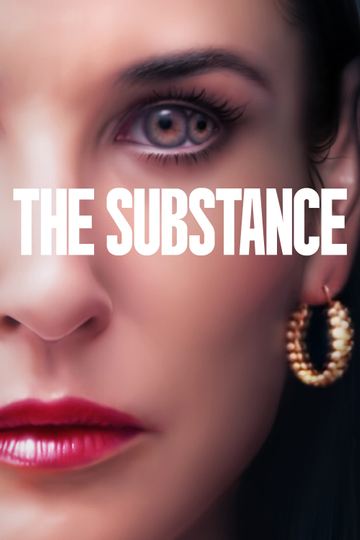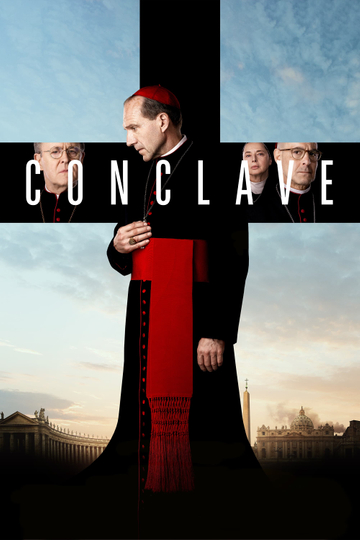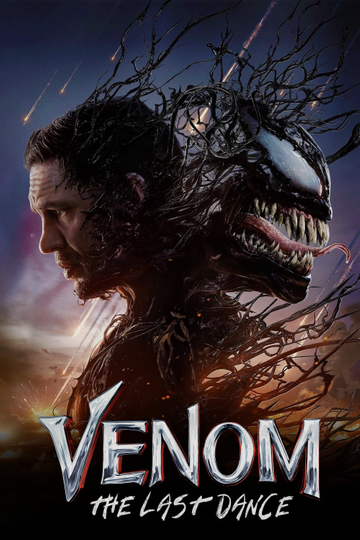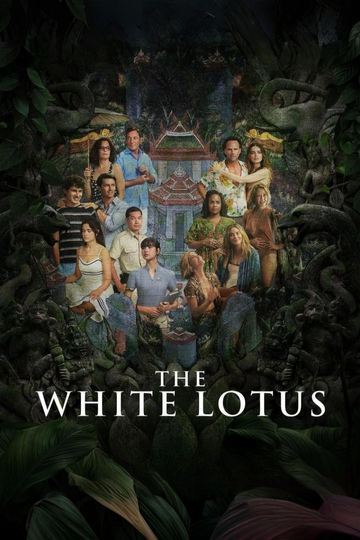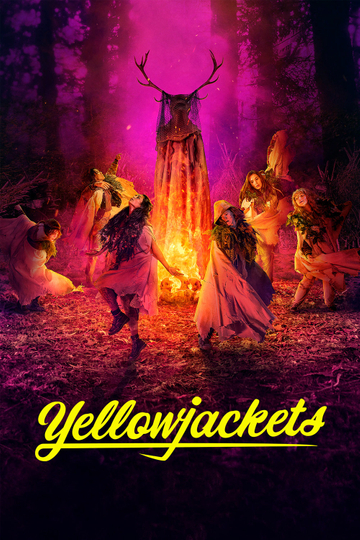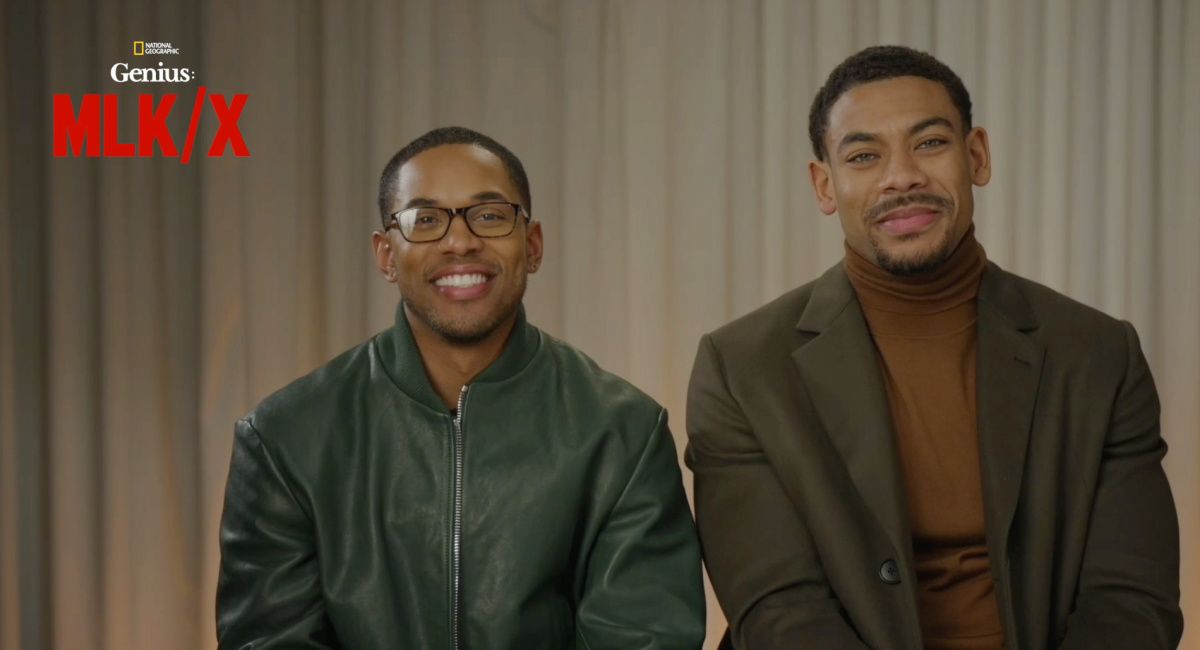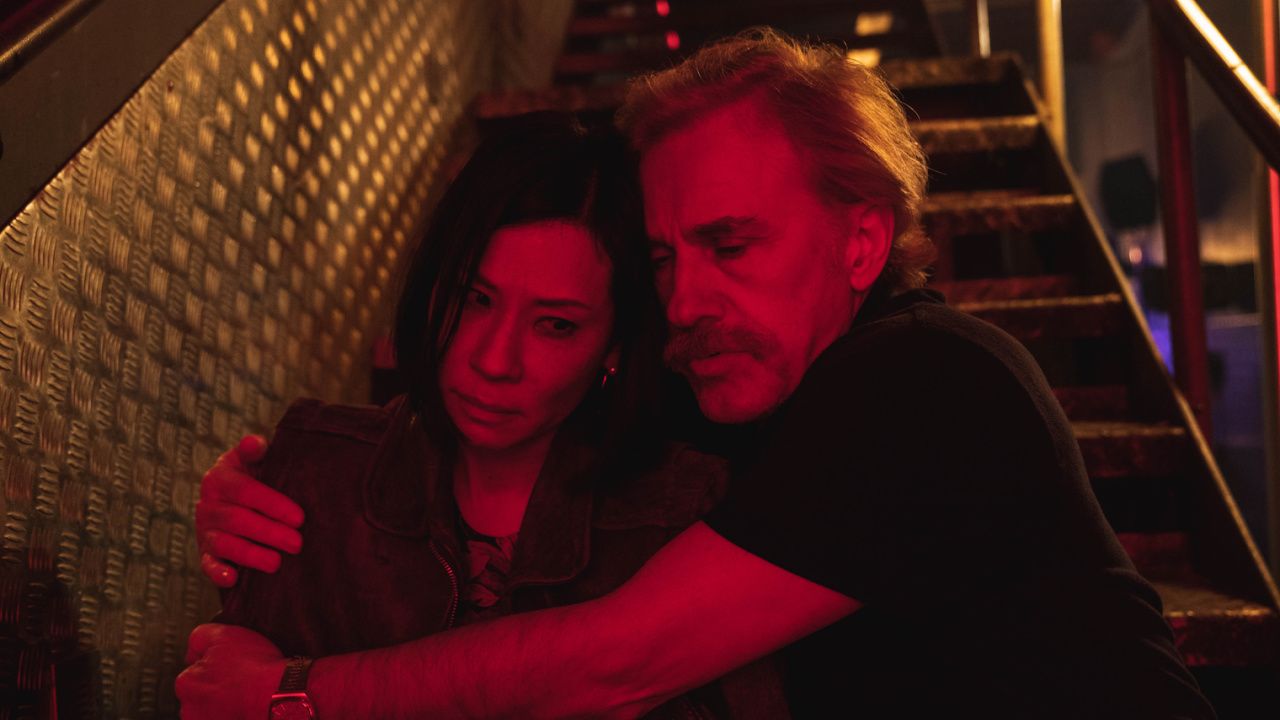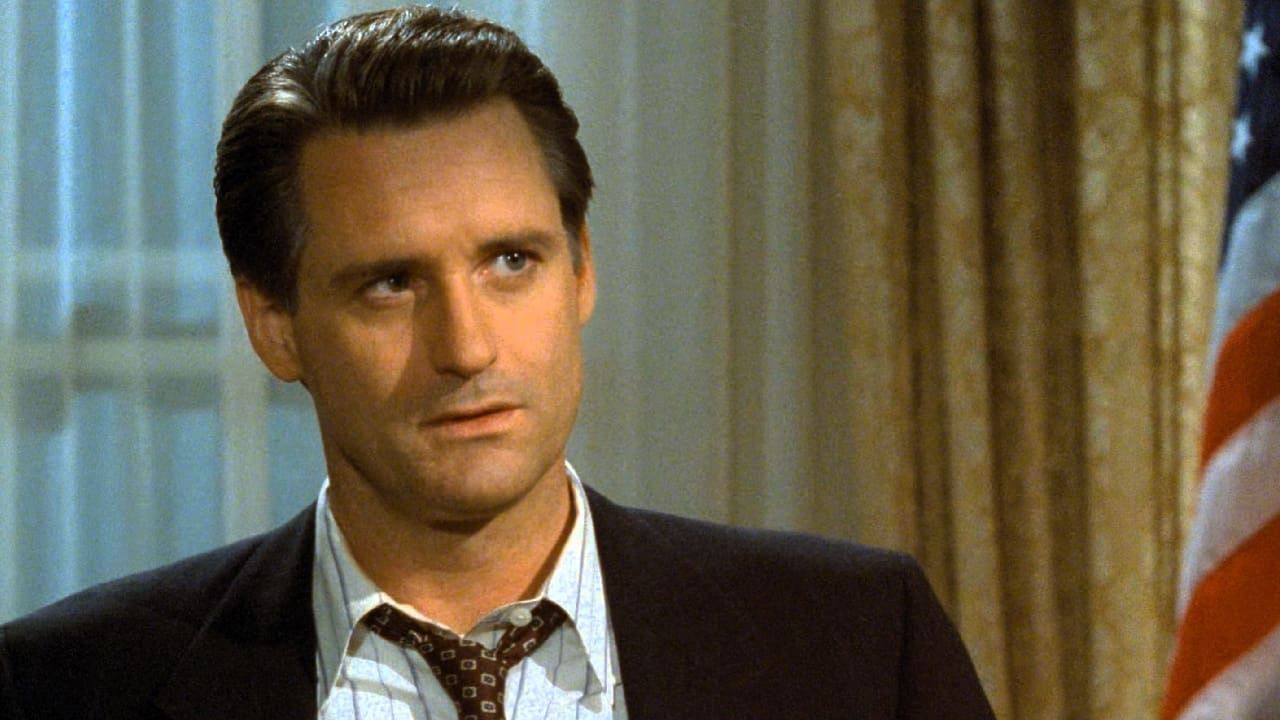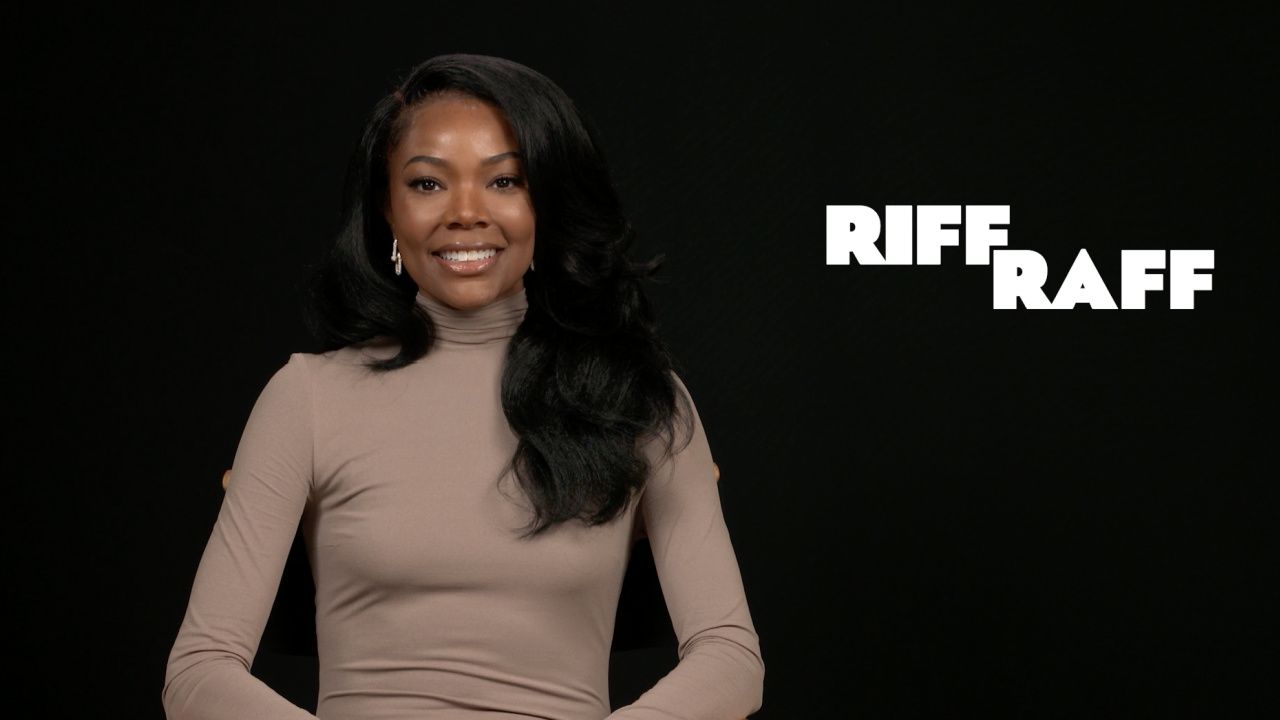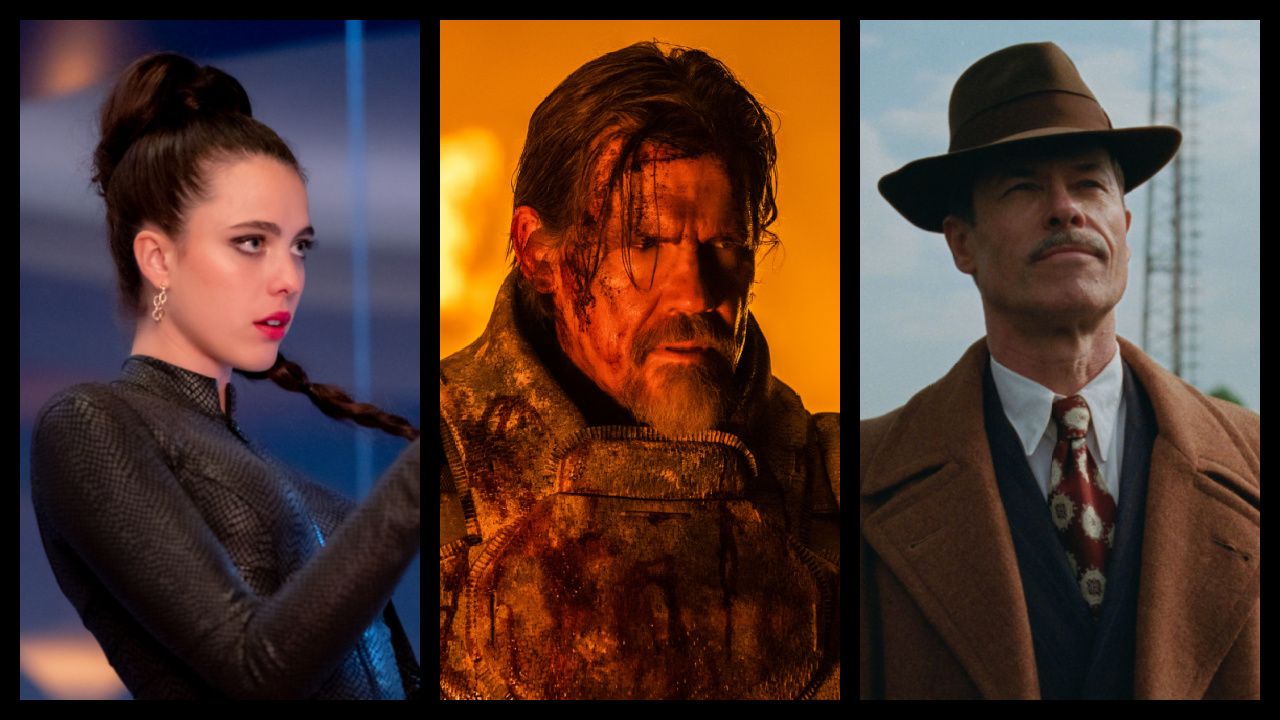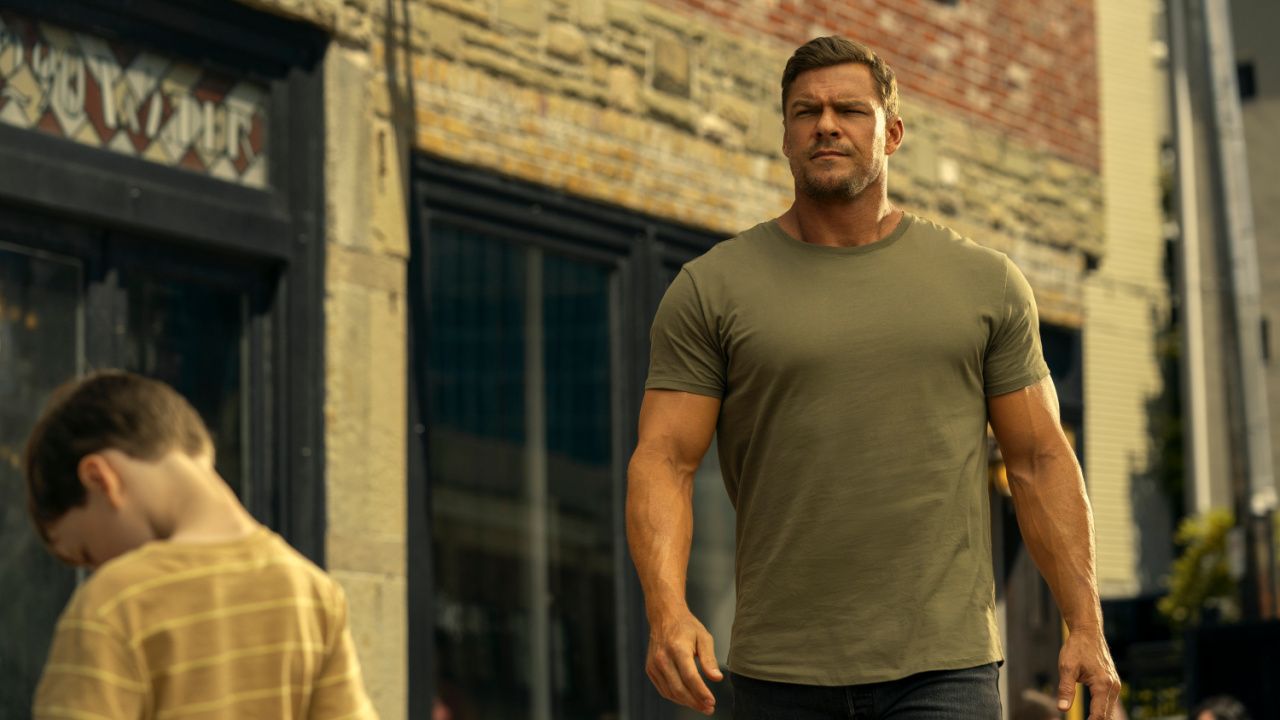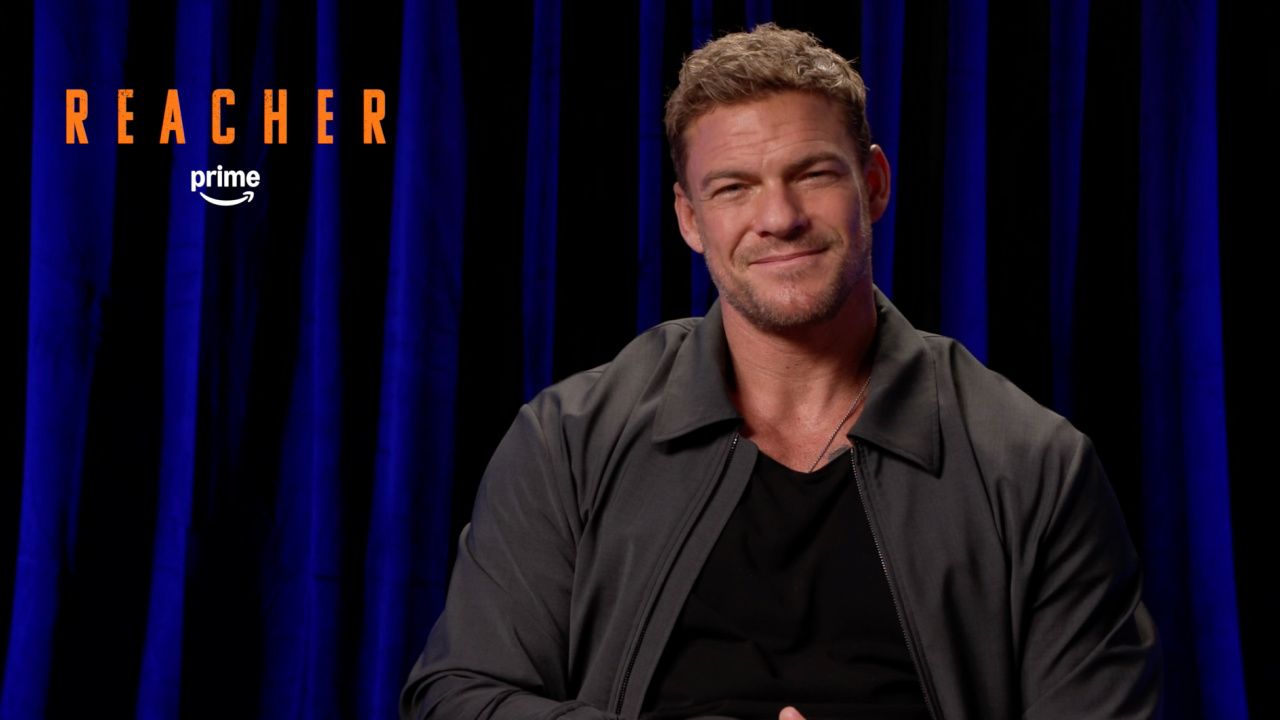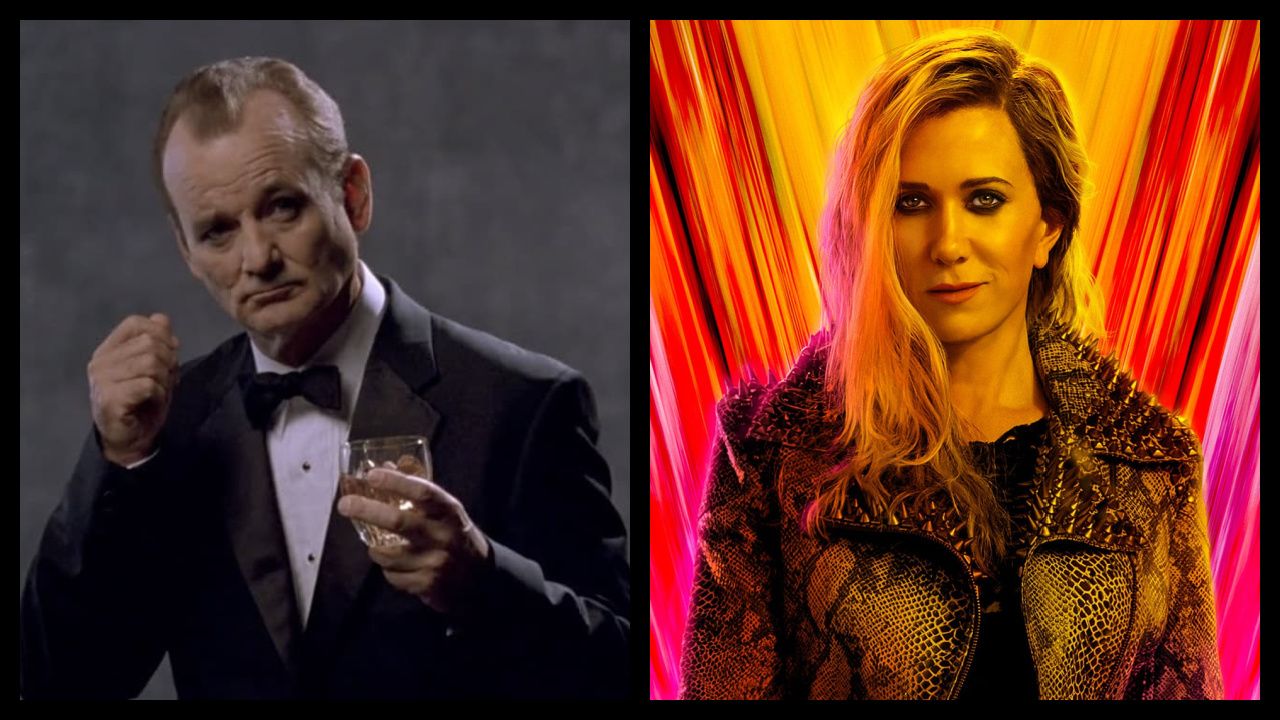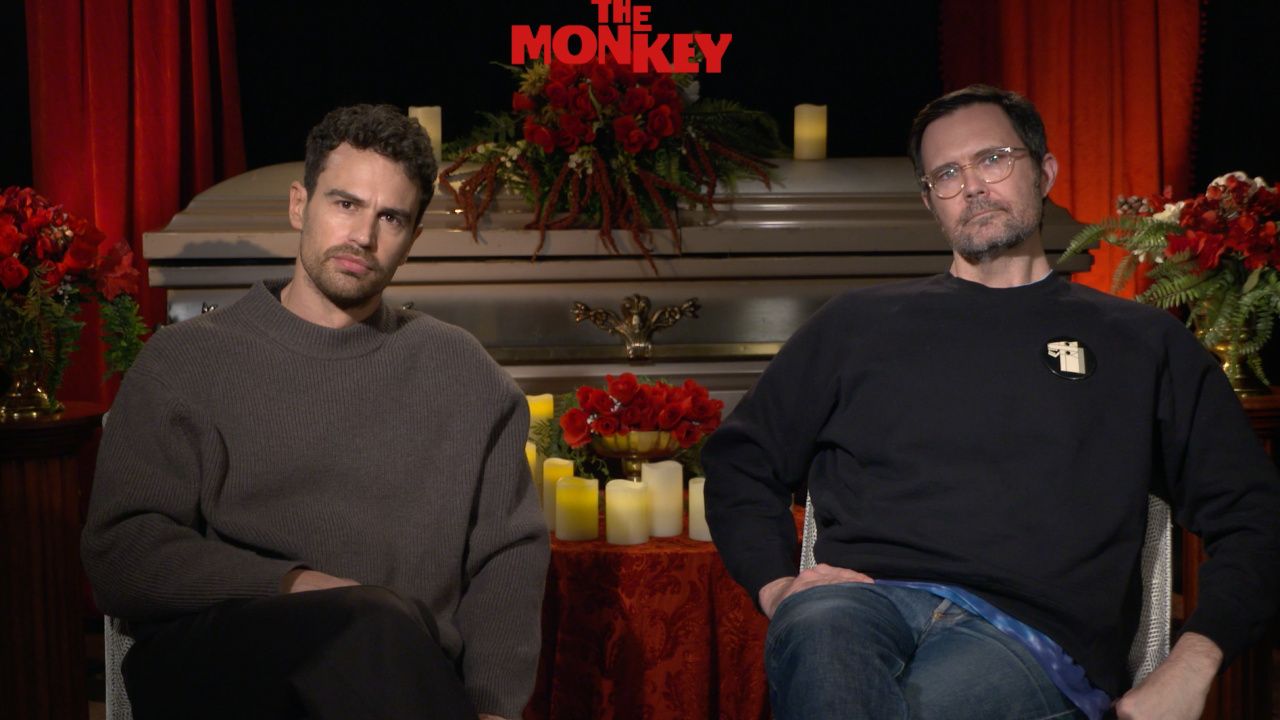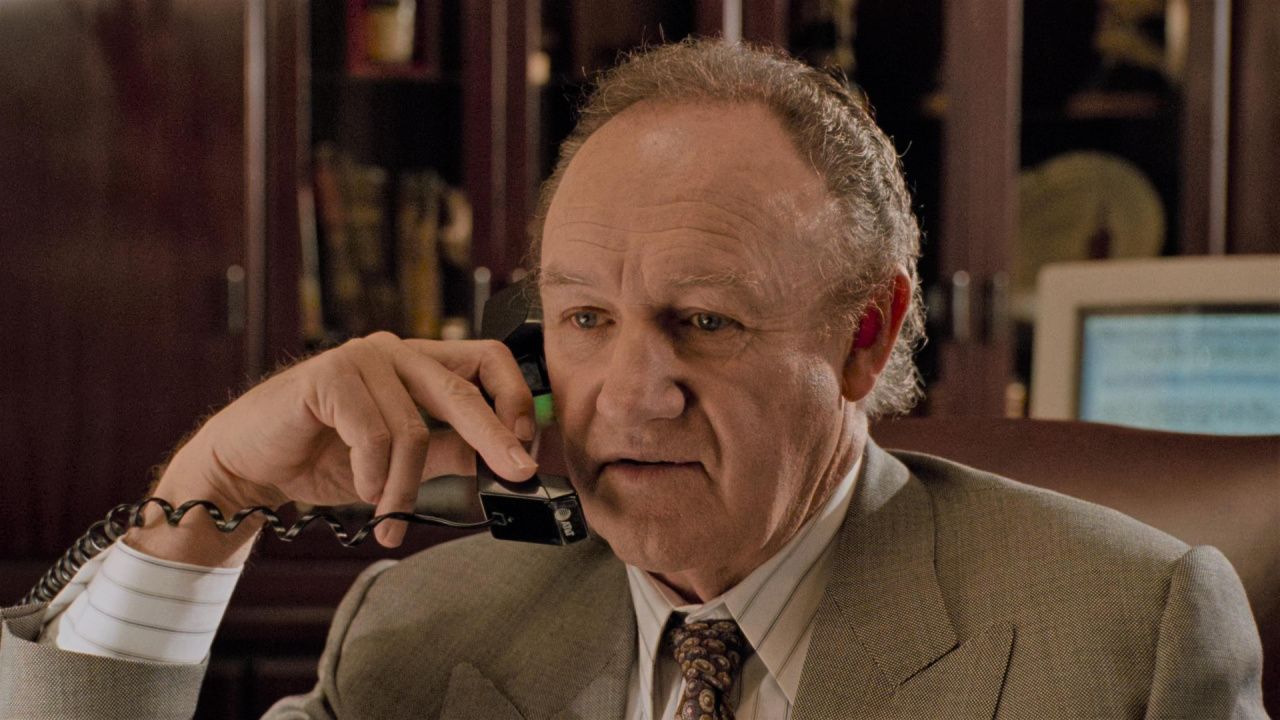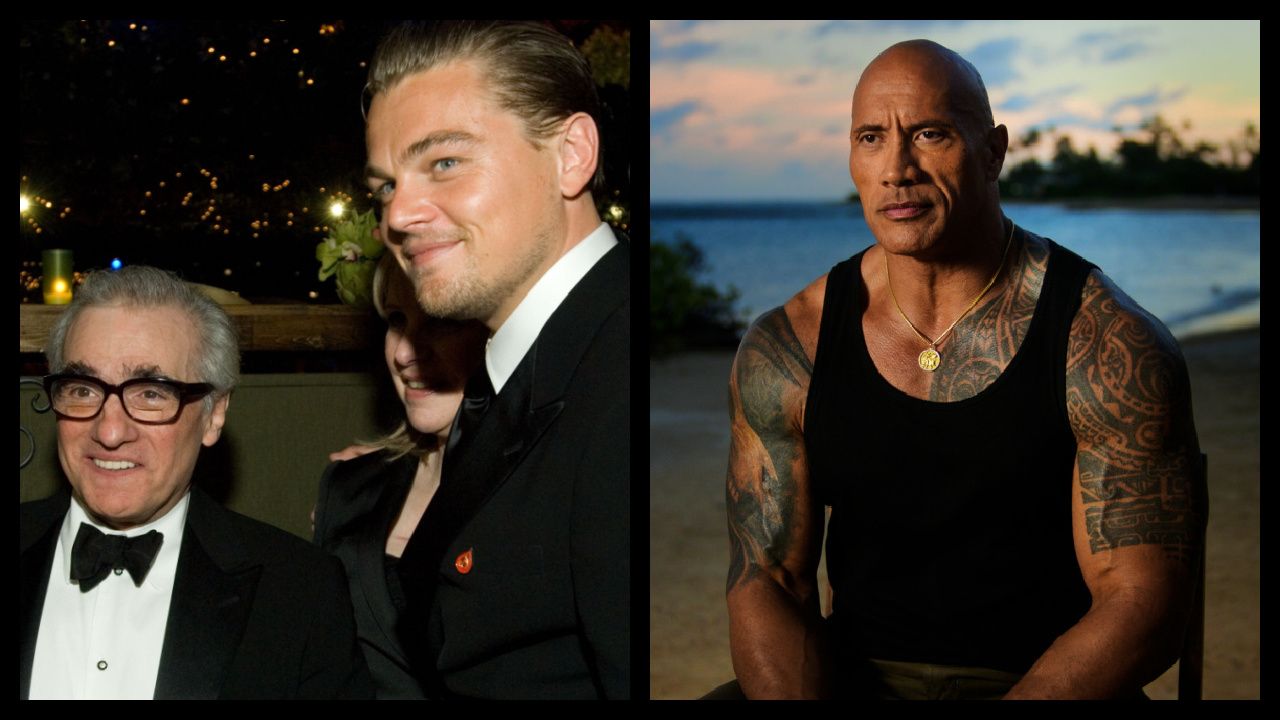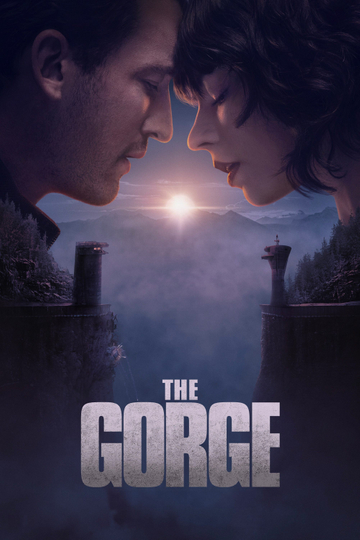Actress Alison Pill Talks New Drama ‘All My Puny Sorrows’
The ‘Scott Pilgrim vs. The World’ actress discusses her new movie, as well as the third and final season of ‘Star Trek: Picard.’
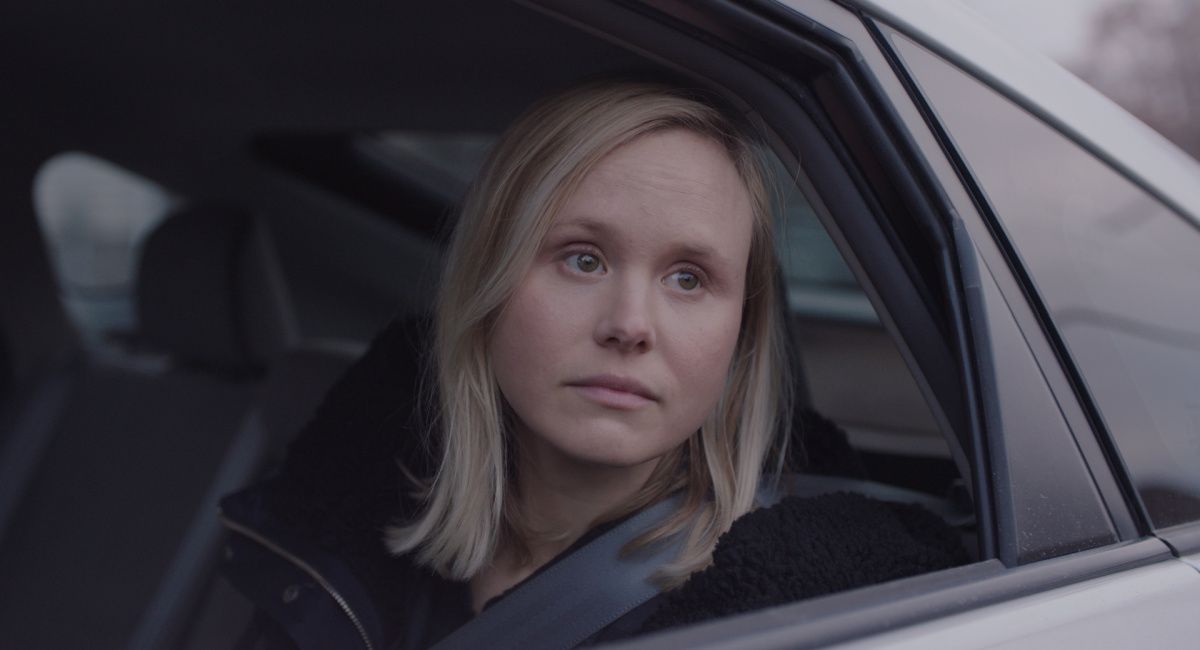
Alison Pill in 'All My Puny Sorrows.'
Debuting On Demand and digital May 3rd is the new drama ‘All My Puny Sorrows,’ which is based on the novel of the same name by Miriam Toews.
Directed by Canadian filmmaker Michael McGowan (‘Saint Ralph’), the movie tells the story of two sisters, Yoli (Alison Pill) and Elf (Sarah Gadon), whose father (Donal Logue) committed suicide when they were young. Now adults, Elf is a concert pianist obsessed with ending her life, and Yoli is a writer, wrestling with her sister’s decision. Along with their religious mother (Mare Winningham), they make profound discoveries about their own lives.
Actress Alison Pill began her career at just the age of 10 and has since appeared in countless television and film projects. On TV she has appeared in such popular programs as ‘In Treatment,’ ‘The Newsroom,’ ‘American Horror Story: Cult,’ and ‘Star Trek: Picard,’ where she currently plays Dr. Agnes Jurati. While her film work includes ‘Milk,’ ‘Midnight in Paris,’ ‘Miss Sloane,’ ‘Vice,’ and ‘Hail, Caesar!’ But she is probably best known for playing Kimberly “Kim” Pine in director Edgar Wright’s modern classic, ‘Scott Pilgrim vs. the World.’
Moviefone recently had the pleasure of speaking with Alison Pill about her work on ‘All My Puny Sorrows.’ The actress discussed her new film, her complex character, the movie’s unique humor, filming in Canada, and working with Sarah Gadon and Mare Winningham, as well as the upcoming third and final season of ‘Star Trek: Picard.’
You can read our full interview with Alison Pill about ‘All My Puny Sorrows’ below or watch our interviews with Pill, Sarah Gadon and director Michael McGowan by clicking on the video player above.
Moviefone: To begin with, can you talk about how you got involved with the project, and did you read the novel the movie is based on before shooting the film?
Alison Pill: I had read the novel around the time it was released. I was familiar with Miriam Toews and her work. She's just one of the most incredible writers working today. I was already familiar with it when the script came along, and I was honestly a bit surprised that it was being turned into a movie just because it felt like it’s an impossible adaptation.
When I started reading the script, I was like, "How are they going to make this a movie?" I was really delightfully surprised by Mike's adaptation of the book. I think he found the through line and the importance of the relationships while also maintaining so much of Miriam's humor and using so much of her language.
It's this semi-autobiographical novel about Miriam and her family. This family who has Philip Larkin poems off the tops of their heads, this very literary family who loves words, books and maintaining that without getting too heavy handed. I thought Mike did a beautiful job. I was in as soon as I read the script, despite the fact that it meant navigating COVID and the Canadian border and all of the things. But it was so very worth it to deal with all of that.
MF: The movie deals with very serious subject matter, but at the same time is very funny in moments. Can you talk about the challenges of balancing those two different tones?
AP: I think the beauty of Miriam's book speaks to the comedy inherent in so much tragedy. I think a lot of people lead their lives in the midst of both the comic and the tragic. I think you have a bad day, but hopefully if it's bad enough, you can start to laugh at it. When the bird poops on your head, you're like, "Okay, all right, this is the day I'm going back to bed. That's it. It's over."
I think that feeling is what allows people to get through. Life isn't one note, it is so many things. It is so many feelings and emotions and even in the midst of the despair that is sort of wound through this whole story and this family, there's also such beautiful love. That is the real heart. So, when you have that woven together, inevitably you can find the humor because things are never one thing.

(L to R) Sarah Gadon and Alison Pill in 'All My Puny Sorrows.'
MF: Can you talk about the trauma that Yoli and Elf went through as children, how that affected their adulthood, and creating that sisterly bond with Sarah Gadon?
AP: Sarah and I have known each other since we were like 10 and 11 respectively, and we had made a movie together when we were teenagers. We had just been in and out of each other's lives throughout our childhood. Creating the sisterhood was actually incredibly easy and so special. When Sarah and I finally got into the same room, it was just like, "Oh, I know you." Also, it was like, look at who you've become. There were all these things that I didn’t know, and there's all this mystery. There's something really special about discovering that.
In terms of delving into the shared trauma of their past and the shared family trauma that goes back generations, I think what Yoli is searching for throughout this movie is the reason why some people can survive and move on. Why are there all these differences? She asks her aunt about the buoyancy that she sees in her and her mother. She says, "What is that thing that keeps you afloat when you feel like the world is dragging you down?" I think that is this really existential question of, "How can we keep ourselves afloat?" Both of them are trying that in various ways, and sometimes failing.
MF: Can you also talk about Yoli’s relationship to her mother and creating that with Mare Winningham?
AP: I don't think anybody can speak about Mare without a giant smile on their face. She's as good as you think she is, if not better. I mean, she's just like this magical creature with so much talent, heart, warmth and wisdom, and is such a special human. I can't imagine any other energy being in that role of this very strong, spiritual and grounded mother figure who has been through so much yet maintains this beautiful solidity. I think Mare brought so much just by being her. She's just the best human.

(L to R) Mare Winningham and Alison Pill in 'All My Puny Sorrows.'
MF: As a Canadian born actress, what was it like for you to return to shoot this movie with Canadian filmmaker Michael McGowan?
AP: It was in some ways like the perfect most magical thing because we were shooting in North Bay, which is a couple hours north of Toronto. It had pretty low COVID case numbers, which felt like a reprieve from a lot of other places in the world at the time. My daughter came and got some serious snow. Sarah and I got to go semi-frozen lake canoeing with her, have hot chocolate and all of those things.
There were real Canadian vibes around and Mike McGowan, I think did a wonderful job of adapting Miriam's book. None of it would've happened without his vision for seeing the possibilities of this story being cinematic. I think he did a beautiful job of finding the ways to make this story work on film.
MF: Finally, it was recently announced that ‘Star Trek: Picard’ will end after the upcoming third season. Now that it is almost over, what has the experience of working on that series been like for you?
AP: Well, they've already wrapped season three. I finished my pieces at the end of the summer, and it was sad to say goodbye. I love our cast so very much. I love P. Stew (Patrick Stewart). I think the group that was brought together by this was such just a magical group of wonderful humans and it was such a joy to bring Dr. Agnes Jurati to life. I'm so grateful but I also understand it is tiring to make a TV show with this much action and this much effects work. I completely understand. I'm just grateful that I got to be a part of it.
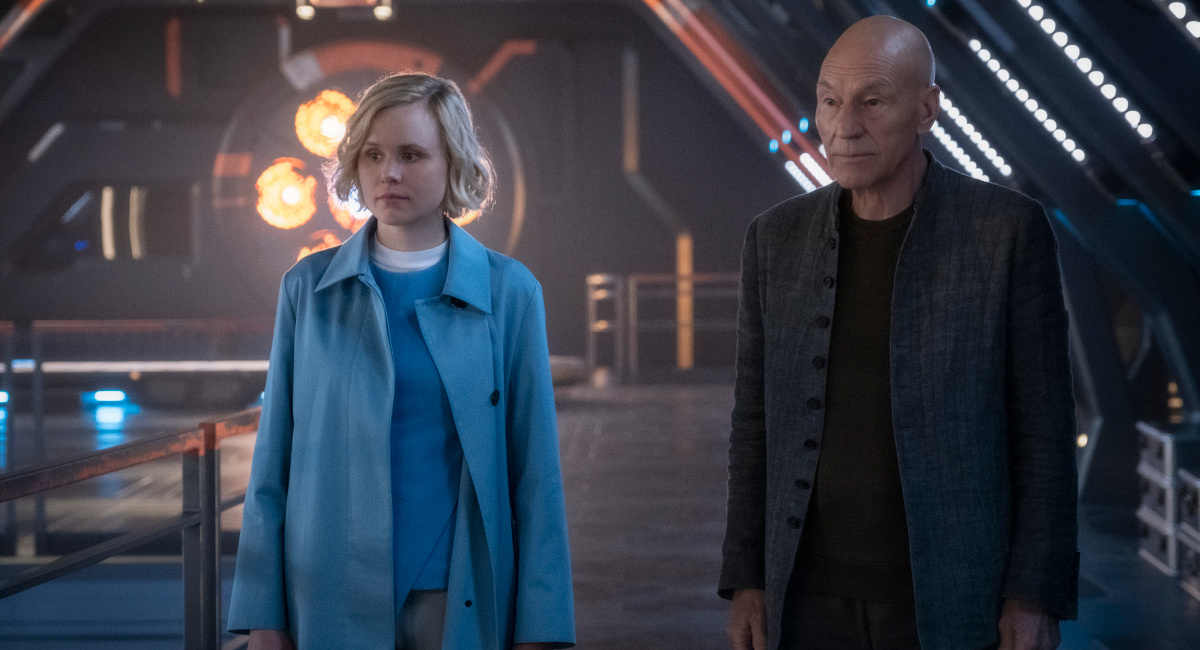
(L to R) Alison Pill and Sir Patrick Stewart on Paramount+'s 'Star Trek: Picard.' Photo: Trae Patton/CBS ©2019 CBS Interactive, Inc. All Rights Reserved.
